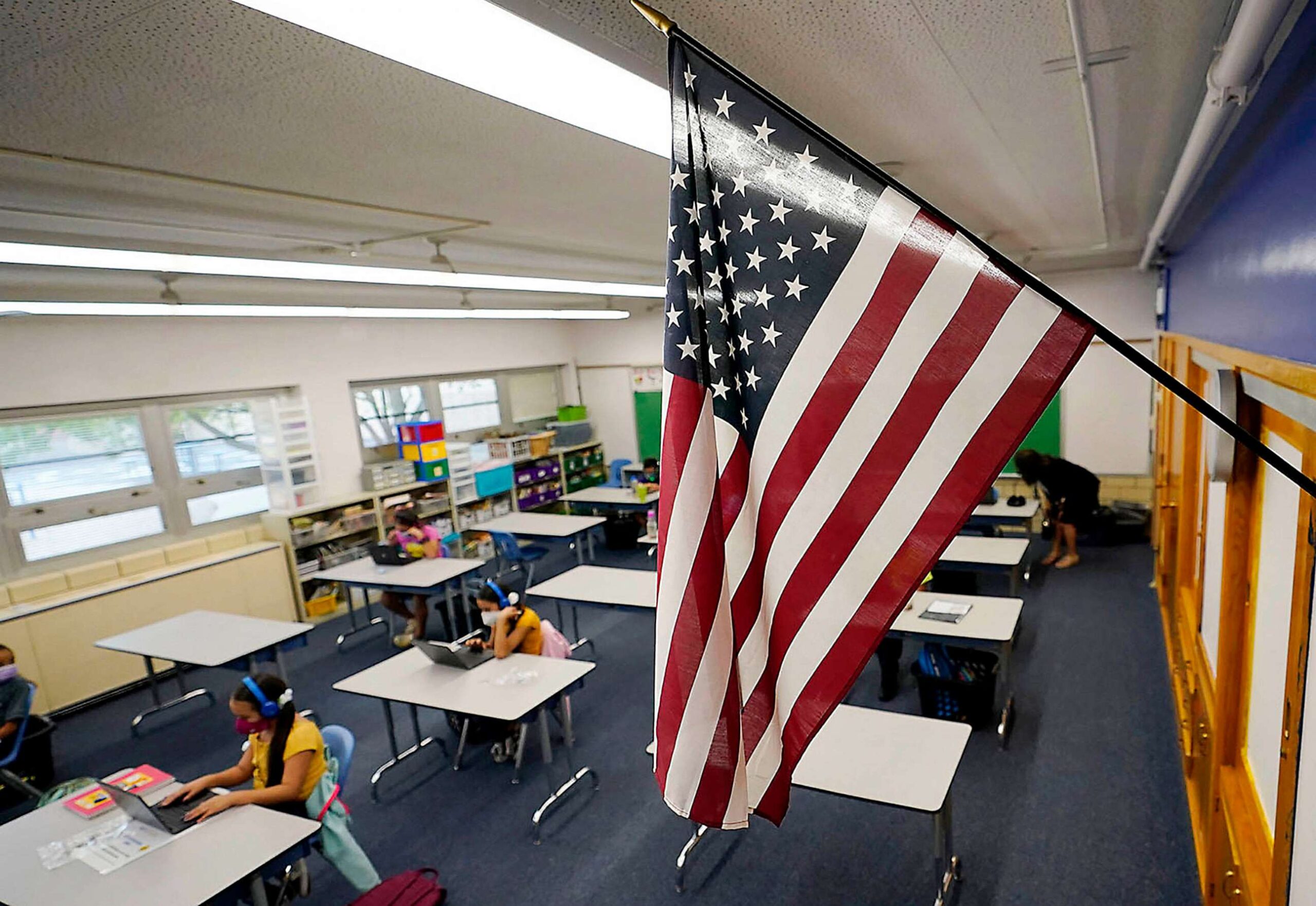The F1 visa serves as a gateway for international students aspiring to pursue education in the United States, covering a spectrum from elementary school to graduate-level programs. However, obtaining this visa involves a structured process. In this guide, we’ll walk you through the essential steps, ensuring a clear and concise understanding of how to navigate the application for international students.
Step 1: Determine Eligibility To qualify for an F1 visa, several conditions must be met
a. Admission to a SEVP-Accepted Institution
- Consult the Student Exchange Visitor Program (SEVP) list to verify the acceptance of your preferred educational institution for international students.
- Send required documents for admission decision if the institution is listed; refrain from applying if it is not SEVP-accepted.
b. Full-Time Enrollment:
- Commit to being a full-time student at the chosen institution.
c. Strong Ties to Home Country:
- Demonstrate strong ties to your home country, emphasizing your intent to return after completing your educational program.
d. Financial Sufficiency:
- Provide evidence of financial capability to cover educational and living expenses.
- Pursue scholarships and financial aid options to alleviate the financial burden.
e. English Proficiency:
Step 2: Gather Required Documents For a successful F1 visa application, assemble the following documents
a. Valid Passport
b. Form DS-160 for non-immigrant visa applications
c. Two photographs meeting US Visa Photo Requirements
d. Proof of paid F1 visa fee
e. Form I-20 indicating required funds for education and living expenses
f. Financial documents, including bank statements, tax records, pay stubs, scholarship proof, and proof of tuition payment
g. Form I-134 and bank statements if sponsored by someone in the US
h. Proof of approved loan if financing education through a loan
i. Educational documents: transcripts, standardized test scores, acceptance letters, previous degree diplomas
j. Proof of purchased health insurance for international students
Guide to Applying for a Canada Student Visa: Documents, Process, and FAQs
Step 3: Application Process The F1 visa application process unfolds as follows
a. Obtain admissions documents from the SEVP institution.
b. Apply online using the DS-160 form.
c. Pay the application fee.
d. Settle the SEVIS I-901 fee.
e. Schedule the F1 visa interview.
f. Compile and submit the F1 visa required documents.
g. Attend the student visa interview.
Step 4: Obtain Admissions Documents from the SEVP Institution
Once accepted into the desired school, prospective students must complete the necessary procedures to apply for the F1 visa. The pivotal document in this process is the Form I-20, Certificate of Eligibility for Nonimmigrant Student Status, which is indispensable for the visa application and interview.
Step 5: Apply Online through the DS-160 Form After acquiring the Form I-20
Applicants can initiate the application process by completing the DS-160 form online. This step involves providing essential information regarding visa status.
Step 5: Pay the Application Fee
A crucial aspect of the application process is the payment of the $185 application fee for the student visa. The receipt obtained is essential for later stages of the visa application, with additional fees potentially applicable based on the applicant’s country of origin and the chosen US Embassy.
Step 6: Pay the SEVIS I-901 Fee
Upon admission to the SEVP institution, students are registered in the Student and Exchange Visitor Information System (SEVIS). Completing full registration requires the payment of the SEVIS I-901 fee, amounting to $200 for the F1 visa.
Step 7: Schedule Your F1 Visa Interview
Following the DS-160 form completion and fee payments, applicants must schedule their mandatory F1 visa interview. Scheduling early is recommended to account for potential delays due to the US Embassy’s workload. An interview appointment letter is issued during this step, a crucial document for the application process.
Step 8: Submit the File with Required Documents
Before attending the visa interview, applicants should compile a comprehensive file containing all required documents. This step ensures a smooth and efficient visa application process.
Unveiling Low Cost Universities in the UK for International Students
Step 9: Attend the Student Visa Interview
During the interview, applicants can expect questions about their reasons for studying in the US and details about their chosen institution. The interviewer aims to assess the applicant’s intent to return to their home country upon completing their degree.
F1 Visa Validity
The F1 visa’s validity is determined by the duration specified on the I-20 and I-94 forms received upon entry to the US. Renewal is advised if the initial visa duration does not cover the entire study period.
FAQ:
F1 Visa Processing Time
The majority of applicants receive an immediate response after the interview. However, some cases may experience delays in processing, requiring patience.
When Should I Apply for the F1 Visa?
Applications can be submitted 120 days before the scheduled program start date. Applying within this timeframe is crucial to avoid processing delays.
Can I Stay Longer Than My Visa Allows?
A 60-day grace period is granted after the visa expires. Renewal or extensions are necessary if the visa duration does not cover the entire study period.
Can F1 Students Apply for Permanent Residence?
While complex, F1 visa holders can apply for a Green Card through various routes, including self-petition, marriage, or significant investment in the US economy.
Travel Outside of the US
F1 visa students can travel abroad during breaks or emergencies. Pre-planning and adherence to instructions ensure seamless re-entry into the United States.
Bringing Family Members to the United States
Dependents, such as spouses or unmarried children under 21, can accompany F1 visa holders with an F2 visa, provided they meet specific criteria, including financial means to support the family during their stay in the US.

